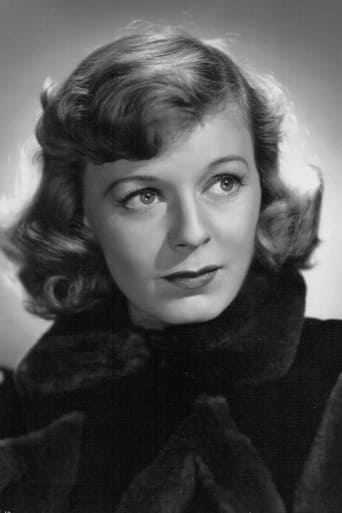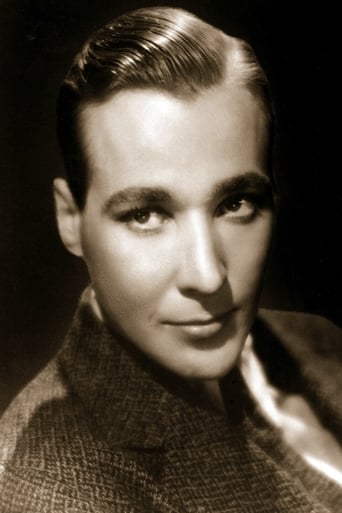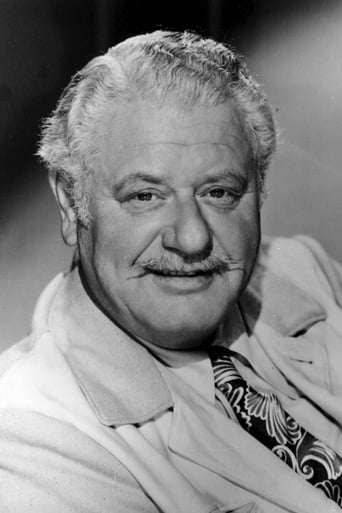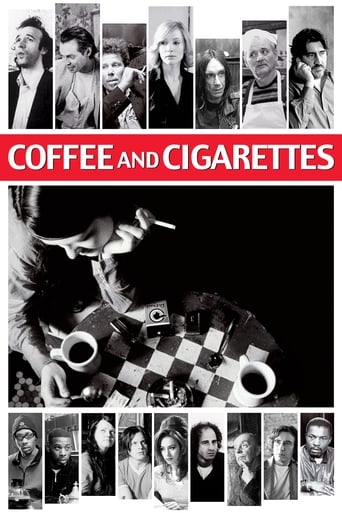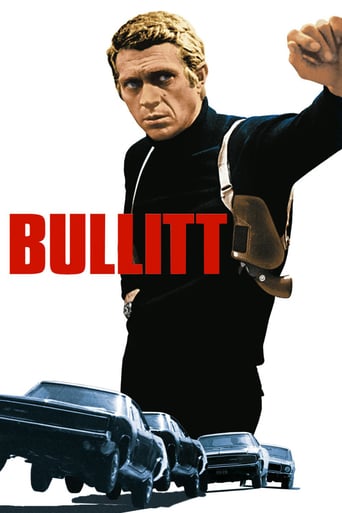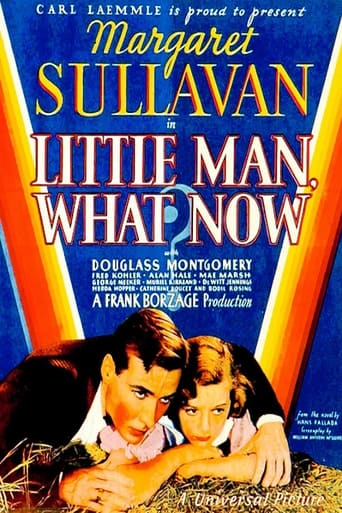
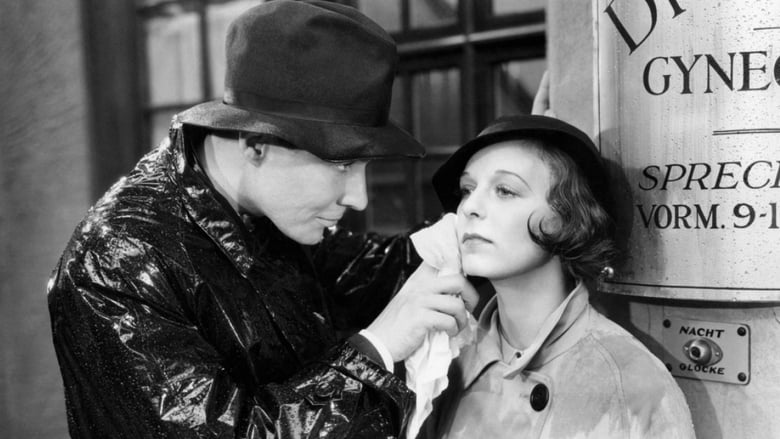
Little Man, What Now? (1934)
A young couple struggling against poverty must keep their marriage a secret in order for the husband to keep his job, as his boss doesn't like to hire married men.
Watch Trailer
Cast
Similar titles
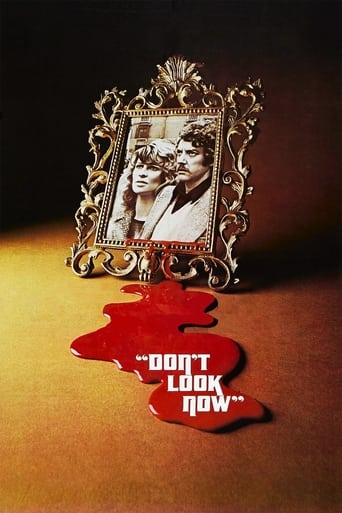
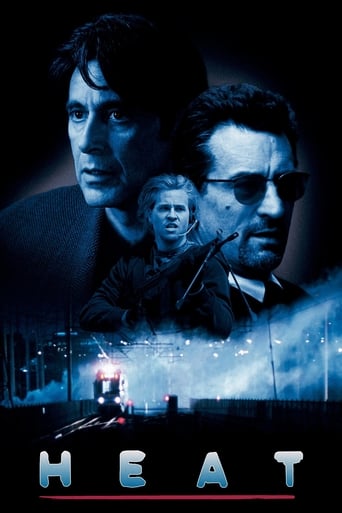
Reviews
Memorable, crazy movie
Good story, Not enough for a whole film
Very good movie overall, highly recommended. Most of the negative reviews don't have any merit and are all pollitically based. Give this movie a chance at least, and it might give you a different perspective.
There are moments that feel comical, some horrific, and some downright inspiring but the tonal shifts hardly matter as the end results come to a film that's perfect for this time.
I see that the German cinema did a version of Little Man What Now a year before this Universal Picture came out. Depending on exactly when Dr. Goebbels took over their movie industry the message would have been far more polemic than here. I could see this as good material for either a Nazi inspired film or a left wing one.But Frank Borzage as director always seems to concern himself with the plight of young lovers, the truly innocent of the world and how forces around them are buffeting their chances at happiness. Which seems to be a capital sin in Borzage films.A lot similarity between this one and later Borzage works like Three Comrades and The Mortal Storm which also starred Margaret Sullavan. In Little Man What Now Douglass Montgomery and Margaret Sullavan are a pair of young marrieds who just can't seem to get traction enough for Montgomery to earn a living and support Sullavan and the baby coming. As things go from bad to worse Montgomery is tempted to seek radical politics of some kind.My favorite scene in the film concerns poor Montgomery waiting on a self centered cinema star in the department store where he is currently employed. Alan Mowbray is unforgettable in that one scene. Interesting showing a the indulgences of a selfish man can have such an effect as Montgomery's job is on the line.Even now too many of us live two paychecks from the gutter and too many of us are tempted by demagogues as a result. In that way Little Man What Now is still a very relevant film.
Full of Borgaze's trademark swoony romanticism mixed with a touch of pre-code decadence. This tale of a struggling young couple also boasts Margaret Sullavan's enchanting sensitive performance, she seems to carry a gossamer glow with her where ever she goes. Alan Hale also adds much to the film as a sprightly good-hearted charlatan but what drags it down almost fatally is Douglass Montgomery in the male lead. To put it plainly, he stinks. He's a stiff blank slate that stops the film dead in its tracks whenever he's the focal point of the scene. You're left to wonder what a more effective actor such as Jimmy Stewart or Cary Grant could have made of the part and how much better the movie would have been because of their casting.
Many of the Hollywood moguls were sentimental about their European backgrounds and Carl Laemmle Jnr, whose father had emigrated from Germany and founded Universal Studios, thought "Little Man, What Now?" would make (with Frank Borzage in the director's chair) a topical but romantic drama. The book, by Hans Fallada, had already been turned into a German movie. Margaret Sullivan and Douglass Montgomery were to be the stars. Opinionated, stage trained Sullivan had a very low opinion of Hollywood and her movies in general but this was a film she always liked. Apparently there was not much rapport between her and Montgomery but fortunately it didn't show on the screen. "Little Man, What Now" had a lot in common with D.W. Griffith's "Isn't Life Wonderful" (1924) as it attempted to show young Germans coping with the depression caused by World War 1.Johannes (Douglass Montgomery) has a problem - he is employed by Emil Kleinholtz (DeWitt Jennings) who only employs single men so his plain daughter Marie (Muriel Kirkland) can find a husband. But Johannes is married already to the luminous Lammchen (Margaret Sullivan) and soon to be a father, so he must keep it a secret. Eventually he is found out and so begins the desolate search for a job. There is a gorgeous scene where Lammchen goes to the amusement park and when Johannes finds her on the merry go round she confesses that she has been too scared to go home - because she eat all their tea (salmon) on the way home.Meanwhile Lammchen has written to Johannes' stepmother and they soon find themselves living with her in Berlin. It is not the wonderful opportunity they had hoped for - she charges them exorbitant rent, the job she promised is not forthcoming and Lammchen finds herself having to fend off Holger Jackman's playful advances. Because he is played by Alan Hale, you know that underneath he is just a good hearted scoundrel and they find, in him, one of their few friends in the big city. Johannes finds a job in a department store, but once again his employment is in jeopardy. An uppity salesman (Monroe Owsley, in the type of role he played so well) sees an advertisement in the paper - "Discreet Evenings - Ladies Supplied" and as it is Johannes' address, he makes a snide remark about Lammchen. Johannes explodes as he realizes it is his stepmother!!! An afternoon with an egotistical actor (Alan Mowbray) who has come to the store not to buy but to "do research for a role" is the last straw and Johannes quits. Lammchen finds cheaper lodgings but for Johannes it is the start of a deep depression and months of joblessness, until the chance meeting of a good friend and the birth of their son shows him that life is there to be lived.I though Douglass Montgomery was absolutely brilliant in the role. He bought so much sensitivity and pathos to his role of the life discouraged Johannes who has only the unwavering love of Lammchen to pull him through. It seems the love of a good woman can make you do anything. Douglass Montgomery's career was far more patchy than Sullivans. It seemed for every excellent role he played ("Waterloo Bridge" (1931), "Little Women" (1933)) he was then cast in some lack lustre parts ("Music in the Air" (1934), "Lady Tubbs" (1935)). Even though his movie career petered out - he never stopped acting and had a fulfilling career.Highly, Highly Recommended.
This movie represents the best of the early '30s soap opera genre. Based on an earthy German novel, it satisfies from the opening credits to the end. Margaret Sullavan was never more eager, poignant or believable and I think it must be the role that made her a star. Douglass Montgomery showed a promise he was never again given a chance to develop or display in Hollywood. The supporting cast included Alan Hale and Mae Marsh, two of the best actors in the business at the time. In my opinion, MGM got a great return on its investment. This movie managed to stay within the bounds of the excessive censorship in effect at the time (although some of the plot does come up to the line) and although it showed how desperate times call for desperate measures, it never lost its message of faith and hope. I hope it's available on DVD soon.
